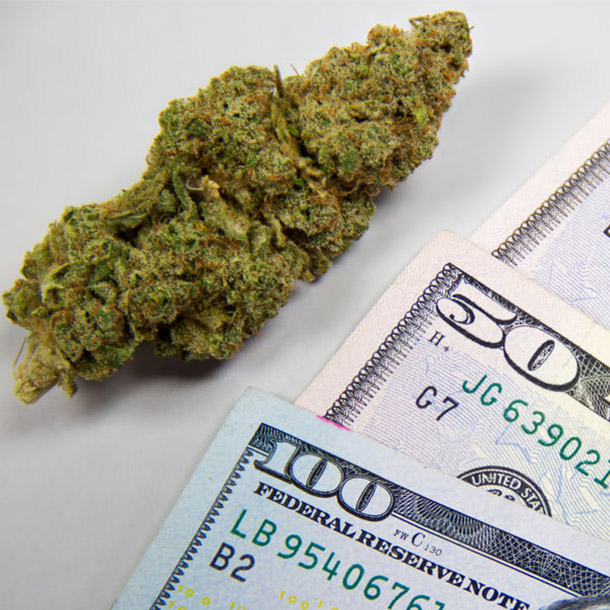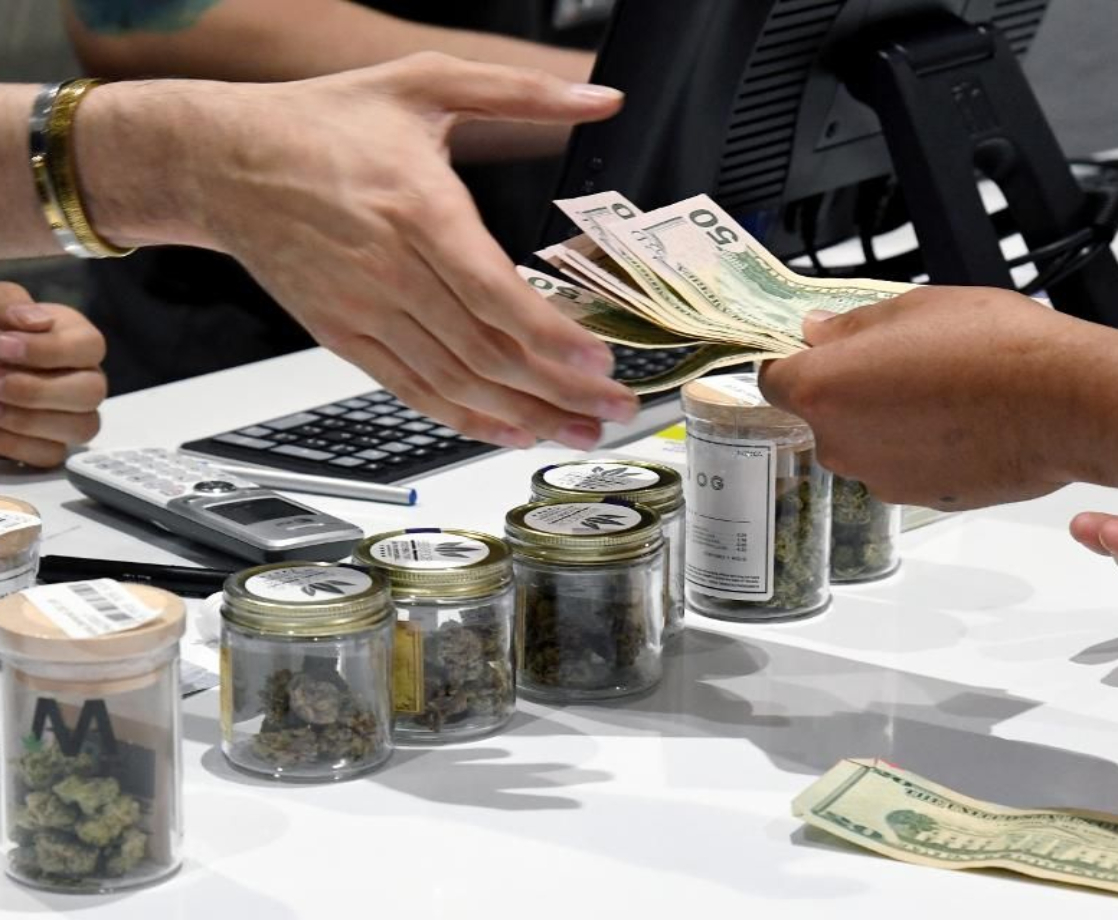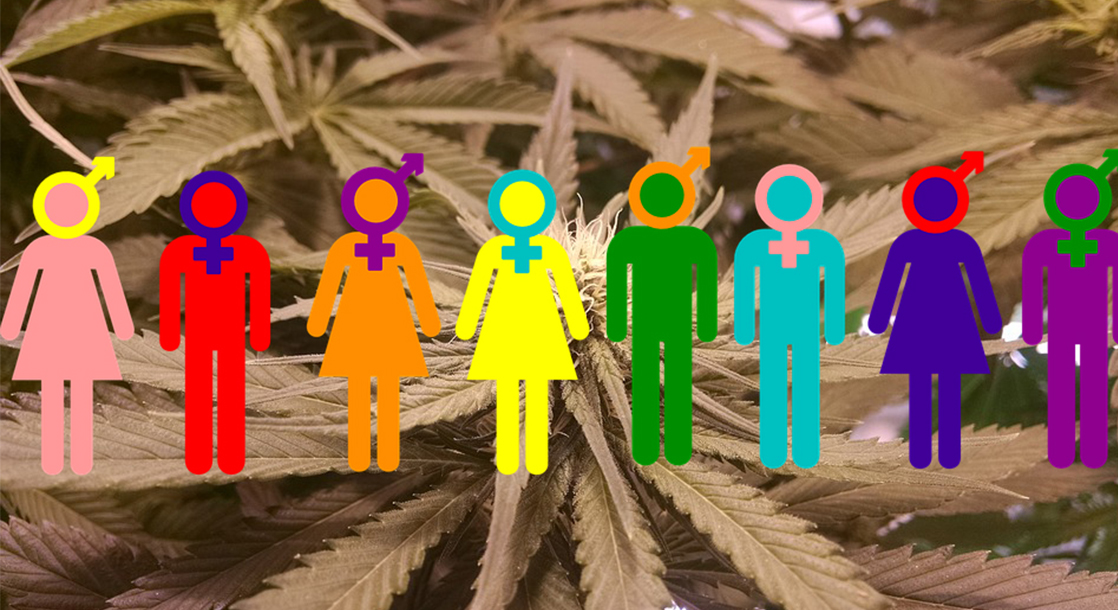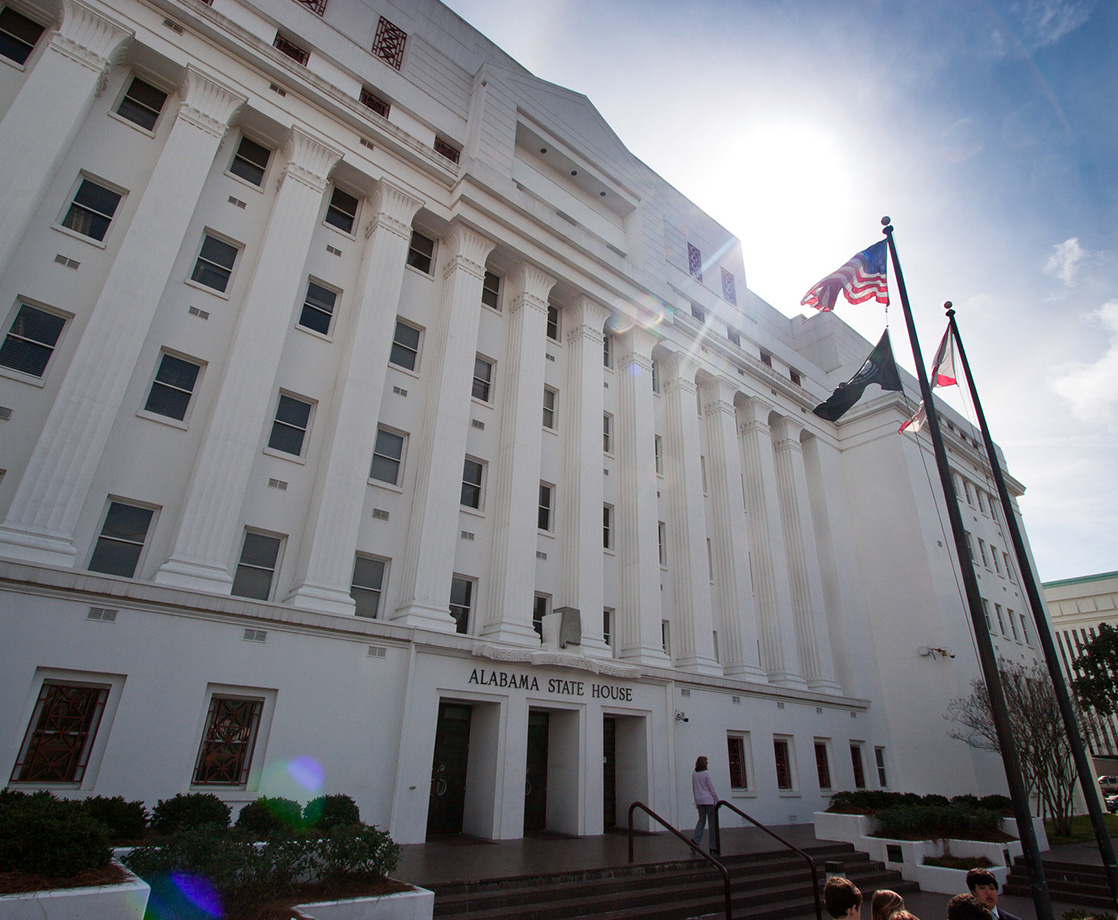According to an announcement first reported by Forbes and Marijuana Business Daily, the California Department of Tax and Free Administration (CDTFA) will implement a tax hike for all Golden State cultivators as soon as the new year hits. Fees on dried whole buds and leaves will increase 4.3 percent from $9.25 per ounce to $9.65 and $2.75 to $2.87, respectively. Taxes on fresh cannabis plant material will rise 4.6 percent from $1.29 to $1.35 per ounce.
CDTFA officials said that the industry-wide taxation spike was a procedural necessity based on the state’s 2016 legalization law. To match the Golden State’s required 15 percent excise tax rate, the CDTFA is required to calculate the state’s retail price mark-up every six months and adjust the tax rate accordingly. This coming year, the retail mark-up rate will be set at 80 percent of the wholesale cost, up from 60 percent in the second half of 2019.
“When implementing (Proposition 64), the Legislature moved the incidence of the tax from the retailer to the distributor, requiring the CDTFA to determine the average markup rate every six months,” CDTFA spokesman Casey Wells wrote in an email to Marijuana Business Daily. “The purpose of the markup is to have the actual tax match the 15% gross receipts rate approved by voters. After analyzing thousands of transactions in the state’s Track and Trace system, CDTFA analysts have determined that the required markup rate for the period beginning January 1, 2020, is 80%.”
For a Golden State cannabis industry that has seen a year jam-packed with supply chain issues, regulatory speed bumps, and a continually thriving illicit market, the impending excise hike is yet another burden on a marketplace that is already stretched thin. And while the tax rise will not be imposed on cannabis customers from a state level, industry experts expect growers, distributors, and retailers to pass on cost increases to the dispensary level.
“As California’s regulated market spirals towards collapse from taxes on cannabis consumers… we believe that the CDTFA’s decision to increase tax burdens on compliant cannabis operators is counter to developing a safe industry,” the California Cannabis Industry Association (CCIA) said in a statement responding to the 2020 tax increase. “Widening the price disparity gap between illicit and regulated products will further drive consumers to the illicit market at a time when illicit products are demonstrably putting people’s lives at risk.”
In 2018, tax revenue from legal weed sales in California fell far below expectations. Analysts initially estimated the state would rake in a cool $1 billion from cannabis last year. Instead, the state only made $345 million from regulated marijuana sales.
Follow Zach Harris on Twitter











